Best movies like Amandla! A Revolution in Four-Part Harmony
A unique, carefully handpicked, selection of the best movies like Amandla! A Revolution in Four-Part Harmony Starring Walter Cronkite, F.W. de Klerk, Abdullah Ibrahim, Jesse Jackson, and more. If you liked Amandla! A Revolution in Four-Part Harmony then you may also like: Come Back, Africa, Escape from Pretoria, Cry Freedom, Cry, the Beloved Country, Sarafina! and many more popular movies featured on this list. You can further filter the list even more or get a random selection from the list of similar movies, to make your selection even easier.
The struggle to eradicate apartheid in South Africa has been chronicled over time, but no one has addressed the vital role music plays in this challenge. This documentary by Lee Hirsch recounts a fascinating and little-known part of South Africa's political history through archival footage, interviews and, of course, several mesmerizing musical performances.
You may filter the list of movies on this page for a more refined, personalized selection of movies.
Still not sure what to watch click the recommend buttun below to get a movie recommendation selected from all the movies on this list
Escape from Pretoria
South Africa, 1978. Tim Jenkin and Stephen Lee, two white political activists from the African National Congress imprisoned by the apartheid regime, put a plan in motion to escape from the infamous Pretoria Prison.
Cry Freedom
A dramatic story, based on actual events, about the friendship between two men struggling against apartheid in South Africa in the 1970s. Donald Woods is a white liberal journalist in South Africa who begins to follow the activities of Stephen Biko, a courageous and outspoken black anti-apartheid activist.
Cry, the Beloved Country
In the back country of South Africa, black minister Stephen Kumalo journeys to the city to search for his missing son, only to find his people living in squalor and his son a criminal. Reverend Misimangu is a young South African clergyman who helps find his missing son-turned-thief and sister-turned-prostitute in the slums of Johannesburg.
Sarafina!
The plot centers on students involved in the Soweto Riots, in opposition to the implementation of Afrikaans as the language of instruction in schools. The stage version presents a school uprising similar to the Soweto uprising on June 16, 1976. A narrator introduces several characters among them the school girl activist Sarafina. Things get out of control when a policeman shoots several pupils in a classroom. Nevertheless, the musical ends with a cheerful farewell show of pupils leaving school, which takes most of act two. In the movie version Sarafina feels shame at her mother's (played by Miriam Makeba in the film) acceptance of her role as domestic servant in a white household in apartheid South Africa, and inspires her peers to rise up in protest, especially after her inspirational teacher, Mary Masombuka (played by Whoopi Goldberg in the film version) is imprisoned.
Festival
Black and white footage of performances, interviews, and conversations at the Newport Folk Festival, from 1963 to 1966. The headliners are Peter, Paul and Mary, Joan Baez, Pete Seeger, and Bob Dylan, who's acoustic and electric. Son House and Mike Bloomfield talk about the blues; John Hurt, Howlin' Wolf, and Sonny Terry and Brownie McGhee show its range. The Osborne Brothers perform bluegrass. Donovan, Johnny Cash, Judy Collins, Mimi and Dick Farina, and others less well known also perform. Several talk musical philosophy, and there's a running commentary about the nature and appeal of folk music. The crowd looks clean cut.
Mandela: Long Walk to Freedom
A chronicle of Nelson Mandela's life journey from his childhood in a rural village through to his inauguration as the first democratically elected president of South Africa.
Leadbelly
The life of Blues and folk singer Huddie Leadbetter, nicknamed Leadbelly is recounted. Covering the good times and bad from his 20s to 40s. Much of that time was spent on chain gangs in the south. Even in prison he became well known for the songs he had composed and sung during and before the time he spent there.
Marley
Bob Marley's universal appeal, impact on music history and role as a social and political prophet is both unique and unparalleled. Directed by Academy Award-winning director Kevin Macdonald (The Last King of Scotland), MARLEY is the definitive life story of the musician, revolutionary, and legend, from his early days to his rise to international superstardom. Made with the support of the Marley family, the film features rare footage, incredible performances and revelatory interviews with the people that knew him best.
Searching for Sugar Man
Two South Africans set out to discover what happened to their unlikely musical hero, the mysterious 1970s rock 'n' roller, Rodriguez. The film won Best Documentary at the 85th Academy Awards.
Freedom Song
Freedom Song (2000) is a made-for-TV film based on true stories of the Civil Rights Movement in Mississippi in the 1960s. It tells the story of the struggle of African Americans to register to vote in the fictional town of Quinlan. In the midst of the Freedom Summer, a group of high school students in the small town are eager to make grassroots changes in their own community. The young activists meet resistance not only from white southerners, but from their parents, who have experienced firsthand the violence that can result from speaking out.[1] As high school students band together with the support of the Student Nonviolent Coordinating Committee, they make strides in registering African-American voters and gaining awareness for their cause.
Bopha!
In this story of a black policeman during South African apartheid, Danny Glover plays the cop, who believes he's trying to help his people, even while serving as a pawn of the racist government. When his son gets involved in the anti-apartheid movement, he finds himself torn between his family and what he believes is his duty.
Standing in the Shadows of Motown
In 1959, Berry Gordy Jr. gathered the best musicians from Detroit's thriving jazz and blues scene to begin cutting songs for his new record company. Over a fourteen year period they were the heartbeat on every hit from Motown's Detroit era. By the end of their phenomenal run, this unheralded group of musicians had played on more number ones hits than the Beach Boys, the Rolling Stones, Elvis and the Beatles combined - which makes them the greatest hit machine in the history of popular music. They called themselves the Funk Brothers. Forty-one years after they played their first note on a Motown record and three decades since they were all together, the Funk Brothers reunited back in Detroit to play their music and tell their unforgettable story, with the help of archival footage, still photos, narration, interviews, re-creation scenes, 20 Motown master tracks, and twelve new live performances of Motown classics with the Brothers backing up contemporary performers.
Gangster's Paradise: Jerusalema
This South African movie tracks the rise of a once-petty criminal to the heights of the criminal underworld. After cutting his teeth on hijacking, before moving onto bigger game, an ambitious man hits a setback when most of his gang are shot.
What Happened, Miss Simone?
The film chronicles Nina Simone's journey from child piano prodigy to iconic musician and passionate activist, told in her own words.
Satchmo the Great
In this 1957 biography film of the jazz-great Louis "Satchmo" Armstrong, he and his band tour the world as American good-will ambassadors bring jazz at its best to the people of the world. Within the film, the life of Louis Armstrong is portrayed through the music. One of the outstanding scenes in this "biography/docudrama" shows blind songwriter W. C. Handy, with tears streaming down his face, as Armstrong, backed by Leonard Bernstein leading the New York Philharmonic Orchestra, play Handy's immortal "St. Louis Blues."
Dance Craze
Rocksteady to both a visual and musical documentary of the big shots of the English 2-Tone movement of the late 1970s that has the exhaustive, high-energy performances exploding onto stage. Jump, shout, twist and crawl and dance to the tunes of Ska and its anthems of its rough riders and three-minute heroes captivated in the moment of a generation of England's concrete jungles and razor blade alleys. No longer on your radio but now on stage, together, with the likes of Madness, The Specials and The Beat et al, this concert footage of an era is a must-see, rare and fascinating look into a once vibrant youth culture of working-class England and its musical dance craze.
Death of Apartheid
The secret history of the negotiations that led to Mandela's release from prison, the ANC becoming the government of South Africa, and the end of apartheid.
Cold Case Hammarskjöld
Ndola, Northern Rhodesia (currently Zambia), September 18th, 1961. Swedish Dag Hammarskjöld, UN Secretary-General, mysteriously dies in a plane crash. Decades later, Danish journalist and filmmaker Mads Brügger and Swedish researcher Göran Björkdahl investigate the case looking for a definitive closure.
Endgame
The time is the late '80s, a crucial period in the history of South Africa. President P.W. Botha is hanging on to power by a thread as the African National Congress (ANC) takes up arms against apartheid and the country tumbles toward insurrection. A British mining concern is convinced that their interests would be better served in a stable South Africa and they quietly dispatch Michael Young, their head of public affairs, to open an unofficial dialogue between the bitter rivals. Assembling a reluctant yet brilliant team to pave the way to reconciliation by confronting obstacles that initially seem insurmountable, Young places his trust in ANC leader Thabo Mbeki and Afrikaner philosophy professor Willie Esterhuyse. It is their empathy that will ultimately serve as the catalyst for change by proving more powerful than the terrorist bombs that threaten to disrupt the peaceful dialogue.
I Want to Destroy America
A documentary film by Peter I. Chang which traces the life of the Japanese musician Hisao Shinagawa through his early years as a folk singer in Tokyo to his current occupation as a street performer in Los Angeles.
...But Then, She's Betty Carter
This lively film is an unforgettable portrait of legendary vocalist Betty Carter, one of the greatest living exponents of jazz. Uncompromised by commercialism throughout her long career, she has forged alternative criteria for success — including founding her own recording company and raising her two sons as a single parent. Parkerson's special film captures Carter's musical genius, her paradoxical relationship with the public and her fierce dedication to personal and artistic independence.
King
Forty years after Martin Luther King s assassination, HISTORY, with newsman Tom Brokaw, takes viewers through the extraordinary life and times of America's civil rights visionary. KING goes beyond the legend to portray the man, the questions, the myths and, most importantly, the relevance of Dr. King s message in today s world. Includes a rare interview with his son, Martin Luther King III, as well as associates from the civil rights campaigns and contemporary figures such as former President Bill Clinton, Condaleezza Rice, Bono, Forest Whitaker, Chuck D and others.
Prime Evil
Eugene de Kock, nicknamed "Prime Evil," was South Africa's most notorious government assassin under the apartheid regime. A highly decorated and powerful man, he led police death squads against enemies of the state; his victims were mainly connected with the ANC. The film includes interviews with torture victims and with friends of de Kock.
Kanarie
Kanarie (Afrikaans for 'Canary') is a coming-of-age musical war drama. Drafted into the South African army during apartheid, a young soldier joins the military's traveling choir, and romance on the battlefield causes him to deal with his long-repressed sexual identity through hardship, camaraderie, first love, and the liberating freedom of music, the true self can be discovered.
African Gothic
On an isolated farm in Apartheid South Africa two lovers find themselves at risk of losing everything to a big city lawyer; they will stop at nothing to prevent him from exposing a dark family secret.
Rush: Beyond The Lighted Stage
An in-depth look at the Canadian rock band Rush, chronicling the band's musical evolution from their progressive rock sound of the '70s to their current heavy rock style.
The Day the Music Died: The Story of Don McLean's "American Pie"
With a narrative running deeper than a catchy tune and cryptic verses, “American Pie” is a musical phenomenon woven deep into the history of American culture, entertaining audiences around the world for over 50 years. This documentary tells the stories of the people who were a part of this moment from the beginning, shows the point of view of a new generation of artists who are motivated by the same values and ideas that inspired the song’s creation, and highlights cultural moments in America’s history that are as relevant now as they were in 1971, when the song was released.
Paul Simon: Under African Skies
Paul Simon returns to South Africa to explore the incredible journey of his historic Graceland album, including the political backlash he received for allegedly breaking the UN cultural boycott of South Africa designed to end the Apartheid regime. On the 25th anniversary of Paul Simon's GRACELAND, acclaimed documentary filmmaker Joe Berlinger offers a glimpse at the controversy surrounding the decision to record the album in South Africa despite a UN boycott of the nation, which was aimed at ending apartheid. In the run-up to an eagerly anticipated reunion concert, Simon, Quincy Jones, Peter Gabriel, David Byrne, Harry Belafonte, Paul McCartney and others reflect on the decision to record with local artists in South Africa, and the cultural impact of the album that delivered such hits as "I Know What I Know" and "You Can Call Me Al."
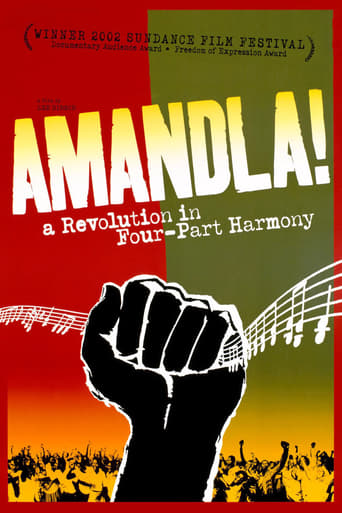

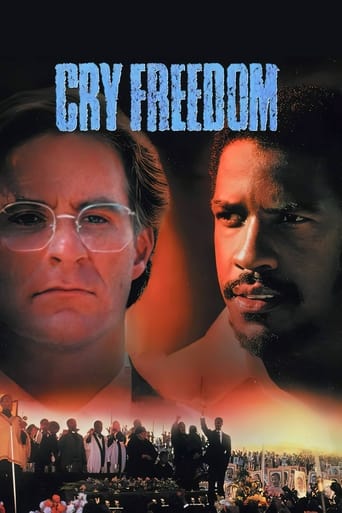

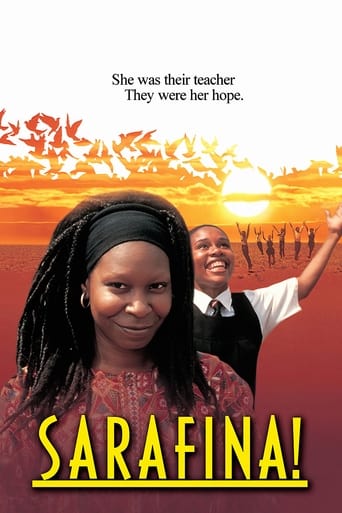




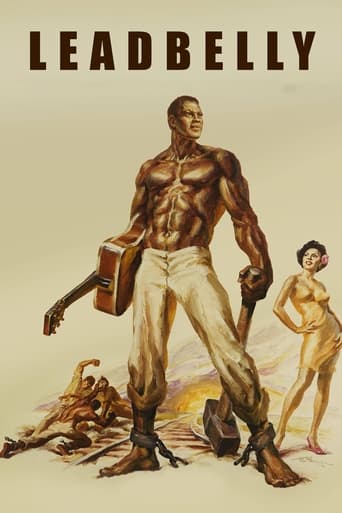


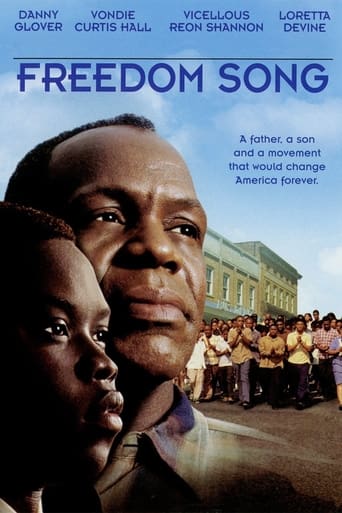











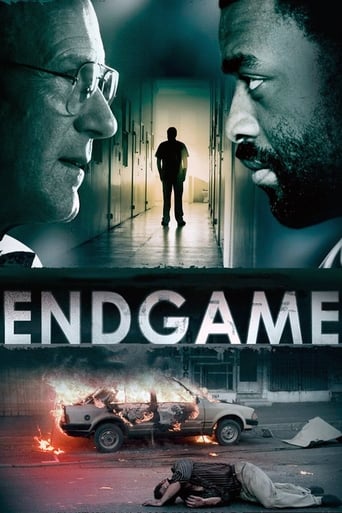






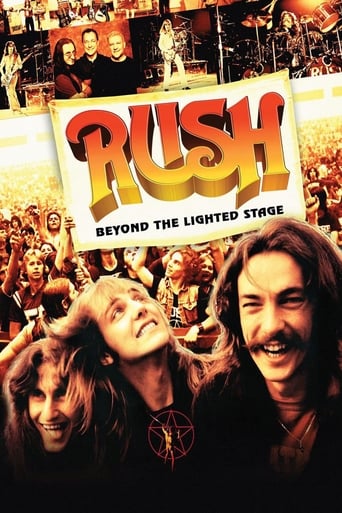
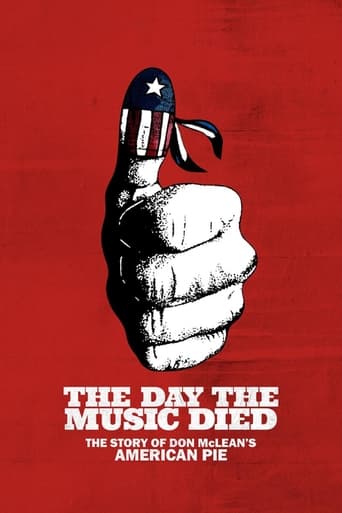
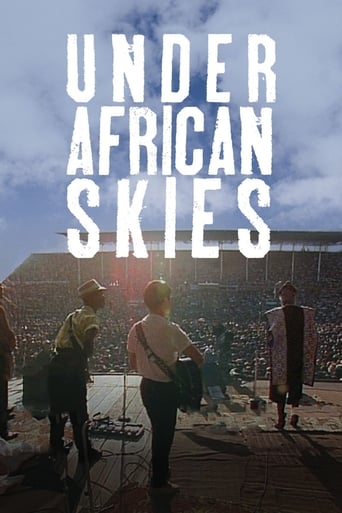
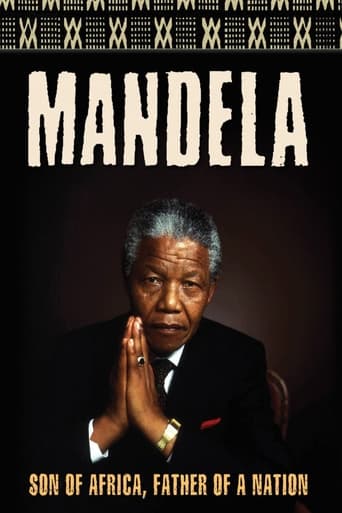
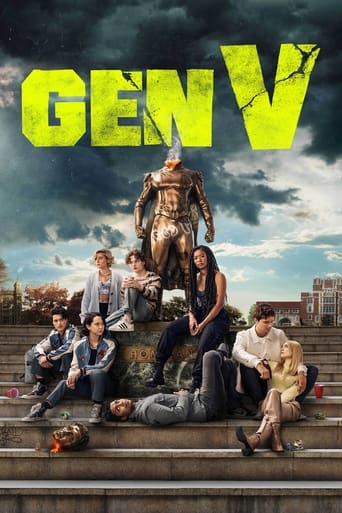
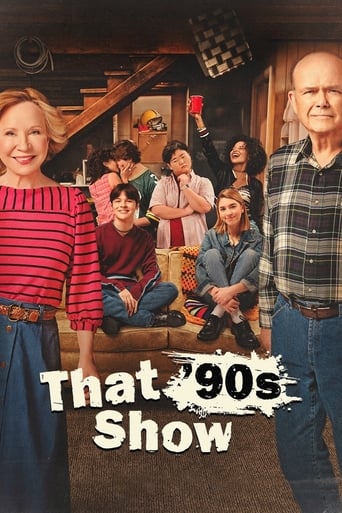
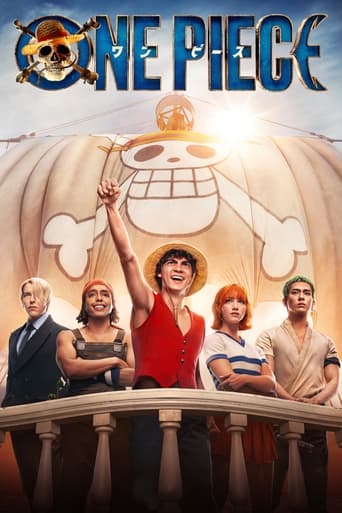
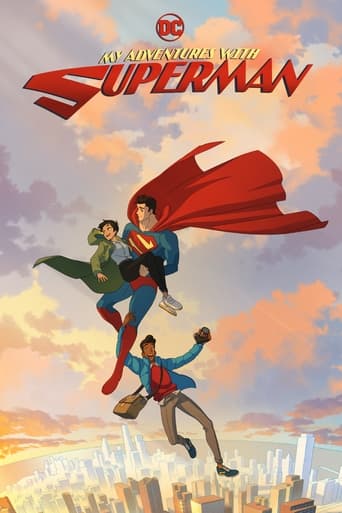
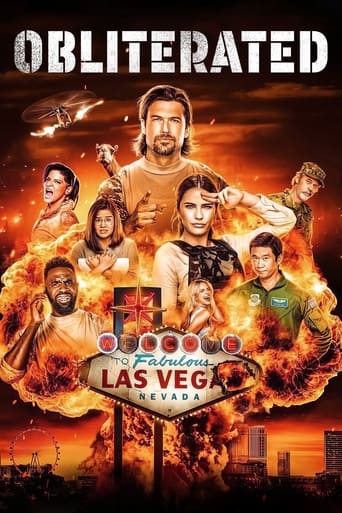
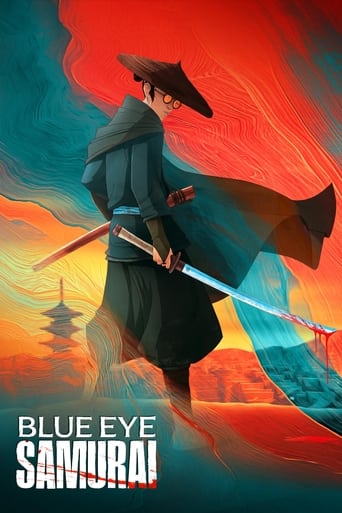
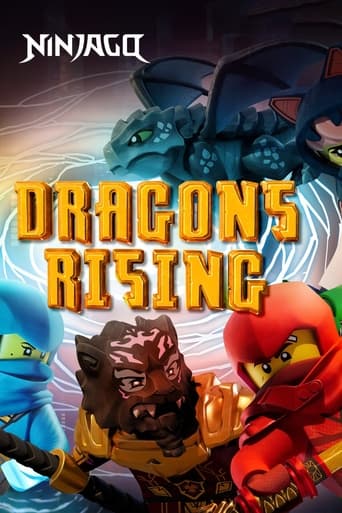
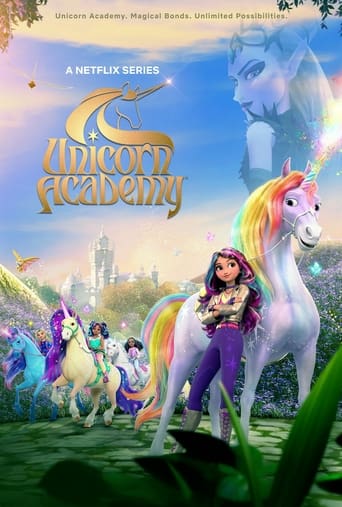
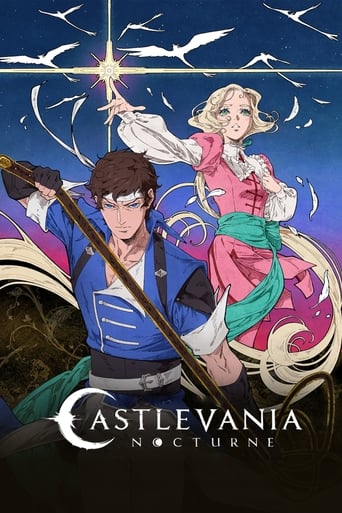


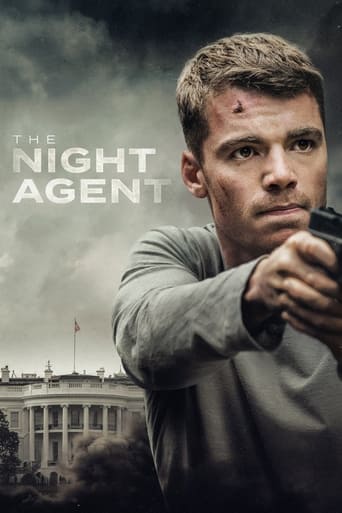
Come Back, Africa
Come Back, Africa chronicles the life of Zachariah, a black South African living under the rule of the harsh apartheid government in 1959.